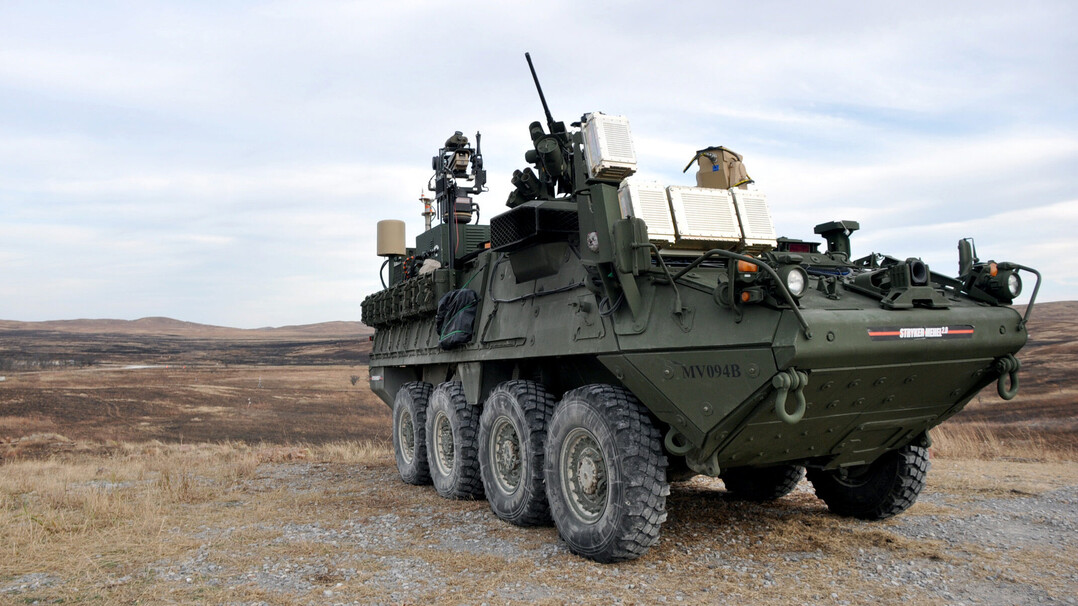
JERUSALEM – The Philippines, a long-standing major defense client of Israel, has recently shown signs of cooling relations with Israeli defense companies. This has prompted Israeli defense firms to seek clarification from their government. While the exact reasons for this deterioration remain unclear, two primary factors are believed to be at play: Israel's reluctance to support the Philippines' claims in the South China Sea, and the prioritization of equipment supply to the Israeli military due to the Gaza conflict, causing disruptions for overseas customers.
Frozen Relations, What's the Background?
Signs of a cooling defense relationship between the Philippines and Israel were evident at the DSEI Japan defense industry exhibition held in Japan from May 21st to 23rd. Israeli industry representatives expressed concern, noting that the Philippine delegation showed greater interest in Japanese products than Israeli ones. An anonymous Israeli defense official stated, "Competitors are already aware of this situation and have started to act."
According to a Stockholm International Peace Research Institute (SIPRI) report from March, the Philippines is Israel's third-largest defense client, accounting for approximately 8.1% of Israel's total defense exports. This is a significant share, following the United States (13%) and India (34%). Arms purchases from Israel notably surged during the tenure of former Philippine President Rodrigo Duterte. In September 2018, during a visit to Israel, then-President Duterte publicly declared his strong confidence in Israeli defense products, stating in a joint event speech with then-Israeli President Reuven Rivlin, "I have instructed my military officials that we should only buy our military equipment and arms from one country. And that is Israel."
Key defense systems acquired by the Philippines from Israel include Rafael's Spyder air defense system, Elbit's Sabrah light tanks, Israel Shipyards' Shaldag fast patrol boats, and Hermes-type drones. In the case of the Sabrah light tanks, the first two of 18 ordered by the Philippine Army arrived in the Philippines in late 2022, suggesting smooth cooperation between the two nations. Israel entered the Philippine defense market in the mid-2010s with projects like the upgrade of the Philippine Army's M113 armored personnel carriers, subsequently expanding exports to include fast patrol boats and wheeled self-propelled howitzers.
While Israeli defense companies have officially declined to comment, the Israeli Ministry of Foreign Affairs stated, "We are aware of this issue and are discussing it with security officials and the defense industry." However, a spokesperson for the Ministry of Foreign Affairs denied that Israel's stance on the South China Sea sovereignty claims was at the core of the disagreement between the two countries. The Philippine Embassy in Tel Aviv did not respond to requests for comment.
South China Sea Disputes and Israel's Neutral Stance
One of the key factors influencing the relationship between the Philippines and Israel is the South China Sea territorial dispute. The Philippines has allied with the United States and other regional countries to counter China's maritime expansionism in the South China Sea. In 2016, the Permanent Court of Arbitration in The Hague ruled in favor of the Philippines, stating that China's claims in the South China Sea had no legal basis. However, China has refused to acknowledge this ruling, continuously asserting its claims and causing friction with the Philippines.
In this context, the Philippines has been striving to secure support from regional nations, particularly strengthening military cooperation with its traditional ally, the United States. It has also diversified security cooperation, including signing a Reciprocal Access Agreement (RAA) with Japan. Israel's neutral stance on the South China Sea issue in this situation could be a source of disappointment for the Philippines. The Philippines seeks to counter China through international support, and Israel's passive attitude may be perceived as unhelpful.
Supply Disruptions Caused by the Gaza War
Another critical factor is the Gaza War. Since its onset in October last year, the Israeli Ministry of Defense has mandated the prioritization of equipment supply to its own military. This has inevitably led to delivery delays for international customers, and the Philippines appears to be affected by this as well. With the prolonged war, Israel's defense production capacity is focused on meeting its own domestic needs, resulting in reduced overseas export volumes or delayed delivery times.
In 2022, Israel's defense exports reached a record high of $12.5 billion, with the Asia-Pacific region accounting for the largest share. However, this export trend is expected to change after the Gaza War. International criticism of Israel's military operations in Gaza is growing, which could indirectly impact Israel's foreign relations, especially its defense exports.
Philippines' Strategic Shift and Future Outlook
The Philippines continues to pursue strengthening its defense capabilities in response to the deepening South China Sea dispute and its military modernization plans. As relations with Israel cool, the Philippines is highly likely to further enhance defense cooperation with other countries like Japan and the United States. Japan, in particular, is expanding military cooperation with the Philippines through its Reciprocal Access Agreement and shares a common interest in countering China by supporting the Philippines' stance on the South China Sea issue.
Given that the Philippines has been an important defense market for Israel, the cooling of relations could significantly impact the Israeli defense industry. The Israeli government is expected to intensify diplomatic efforts to overcome this situation, but a full recovery of relations is likely to take considerable time amidst the complex variables of the South China Sea sovereignty issue and the Gaza War. As the Philippines' defense policy diversifies, it is anticipated that Israel will find it challenging to maintain its past exclusive position in the Philippine defense market.
[Copyright (c) Global Economic Times. All Rights Reserved.]




























